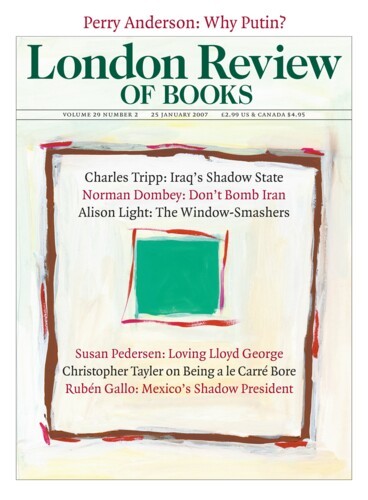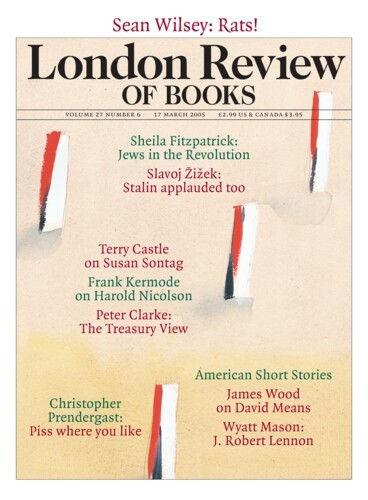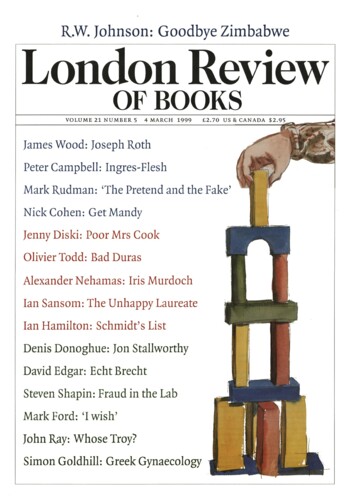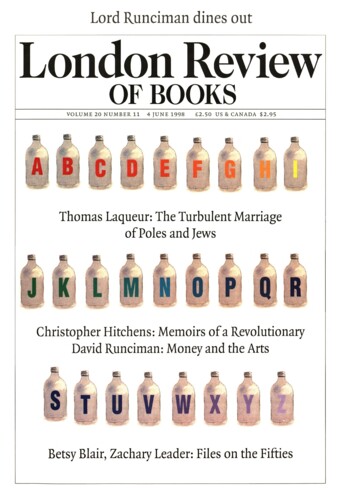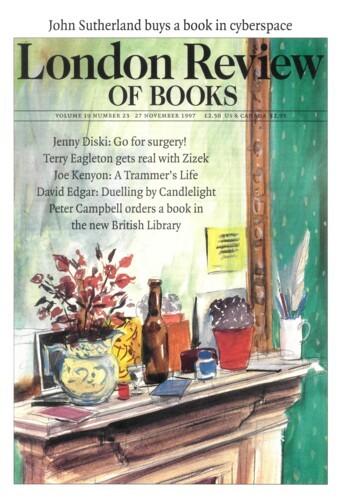Is it always my fault? T.S. Eliot
Denis Donoghue, 25 January 2007
In 1929, in his essay on Dante, T.S. Eliot wrote:
But the question of what Dante ‘believed’ is always relevant. It would not matter, if the world were divided between those persons who are capable of taking poetry simply for what it is and those who cannot take it at all; if so, there would be no need to talk about this question to the former and no use in talking about it to the...
